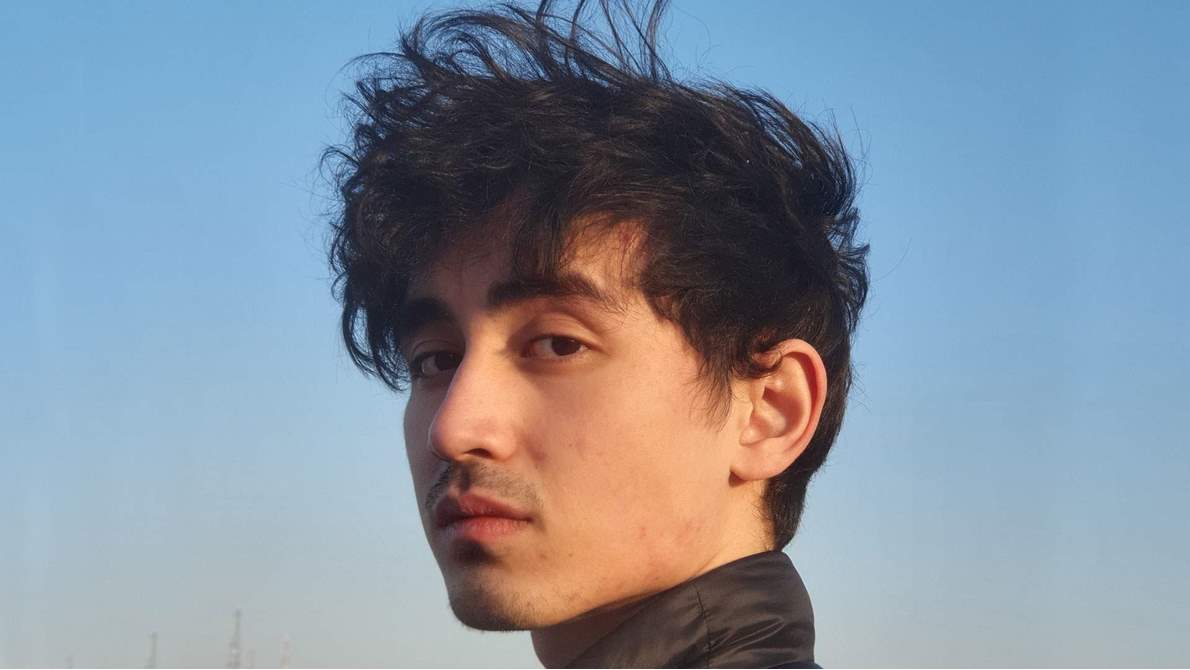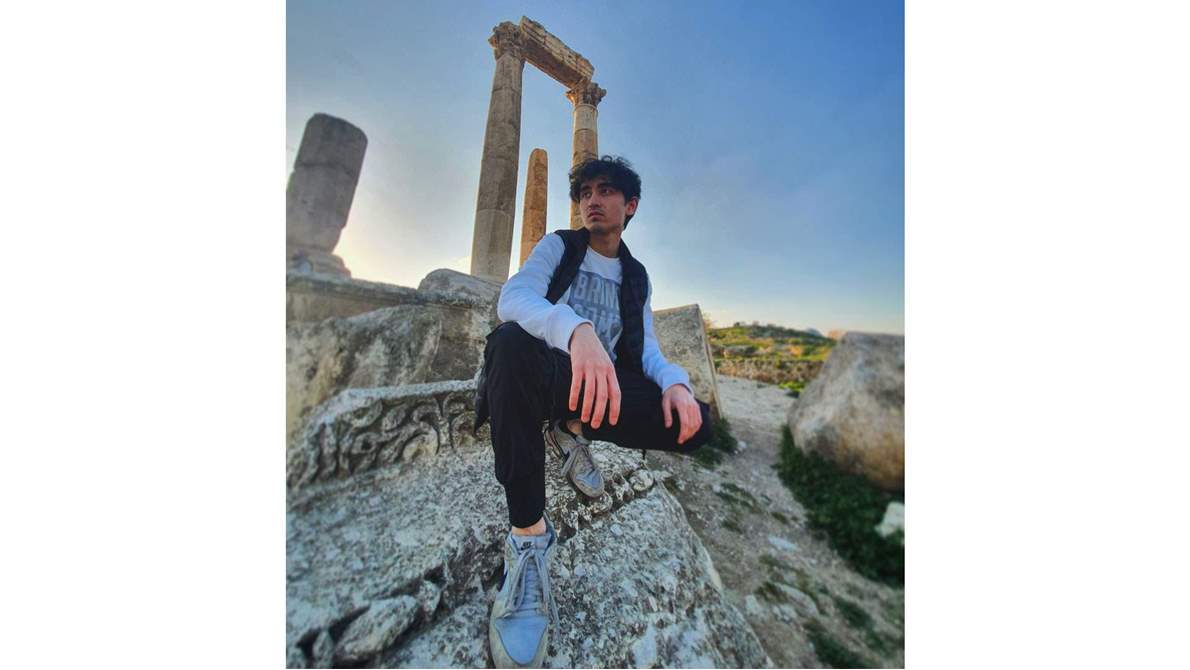AMMAN — Seifaldeen Abu Hait, a 20-year-old Jordanian
Chinese content creator, has amassed over 2.5 million followers and 42 million
likes on
TikTok.اضافة اعلان
 Social media influencer Seifaldeen Abu Hait has reached social media fame for his relatable comedy sketches. (Photo: Handout from Seifaldeen Abu Hait)
Social media influencer Seifaldeen Abu Hait has reached social media fame for his relatable comedy sketches. (Photo: Handout from Seifaldeen Abu Hait)
Growing up in Jordan, Abu Hait, better known by his TikTok
handle
@sabuhait, felt like an outsider. He experienced racism in the
classroom, which took a toll on him as a child.
“When I was a child, I would sometimes even be embarrassed
to go out with my mother, because she’s Chinese,” he told Jordan News. “I
used to hate that I am half Chinese, because of all the teasing. I felt different
because of how I look on the outside, I (experienced) some sort of discrimination, a bit of harassment and bullying in school.” Nevertheless,
these challenges, Abu Hait said, helped build his character.
 Abu Hait, who is half Jordanian and half Chinese, poses in front of the Amman citadel. (Photo: Handout from Seifaldeen Abu Hait)
Abu Hait, who is half Jordanian and half Chinese, poses in front of the Amman citadel. (Photo: Handout from Seifaldeen Abu Hait)
“With time, maturing, and growing up, I realized it wasn’t a
bad thing. I’m not the person in the wrong here. I didn’t choose to be half
Chinese, and I didn’t choose the way I look,” the social media star said. “Those
people who harassed and bullied me, they’re in the wrong. Honestly, I have no
hate for them, (but) all the love. I’m sure they grew up to be better people — as
a matter of fact, every bully I had, in the end they turned out to be my
friends.”
When Abu Hait first started using the
video-sharing app TikTok, he centered his content on the unique aspects of growing up half Chinese
in Jordan. But he never wanted to be stereotyped as the “Chinese guy on TikTok,”
he said, adding that being a “Chinese person on TikTok is not a personality
trait, and that’s why I diverged into making comedic sketch videos.”
Despite this, Abu Hait would face abuse purely due to his
race. “The jokes weren’t really funny, they just wanted to get a reaction out
of me and I’m the sort of person who doesn’t like to address drama, but
sometimes I feel like I need to.”
Abu Hait refused to let the racist comments hold him back.
His most viral series “Hayat ma3 a5 93eer (Life with a younger brother)” blew
up on TikTok and pushed him to make more videos. “I posted it very late, so I
didn’t expect it to do well or get a lot of views. The next morning, it hit a
million views, and it just kept going up from there.”
Abu Hait’s comedic content focuses on what growing up as a
member of so-called Generation Z was like as well as memories from the 2000s. “I
would say it’s relatable in a sense for teenagers, children, and could be
relatable to adults, young adults and what they went through or grew up with,
and sometimes I put in here and there the fact that I’m mixed, because people
ask me to do it. It’s for everyone. I don’t choose a specific audience, I like
to make everyone happy.”
The creator has also struggled with the high expectations
that come with social media success. “For a while, it got to my head that I
need views or followers, which was a bad time for me. Then I realized that’s
not the point of it, the point is to make content you love.
“Whether
it’s good or bad, you did it, even if it gets 10 views and you make 10 people
laugh, I think it’s worth it. That’s my aim when I post videos: I want people
to feel good, to look at my videos and be like ‘that happened to me too.’”
The TikToker is always up for a challenge and willing to go
the extra mile for his audience. “I’m a lot more comfortable speaking English
and I started on TikTok speaking English, but I realized the audience for
English content is very limited in the Middle East.” This pushed him to start
making Arabic language videos to appeal to a wider audience.
Abu Hait pointed out the difficulty of trying to cultivate
an audience in the Middle East. “I think being a content creator, actor, singer
or any sort of art(ist) is hard in the Middle East. When you open your ‘For You
page’ on TikTok in Jordan, you’re going to find a mix between Arabic and
English content. But if you’re in the US or Canada, (English creators’) content
gets pushed around.”
Despite his rising popularity on social media, Abu Hait
doesn’t think TikTok changed his life at all. “I think my life is still the
same. I still wake up late sometimes, I still get scolded by my parents
sometimes, and I still go out with my friends. The only difference is that I
sometimes get recognized, that’s all. I don’t see myself as someone famous or
as an influencer.
“I’m
just someone that makes videos and hopefully makes people laugh and feel
recognized.”
Read more Lifestyle









